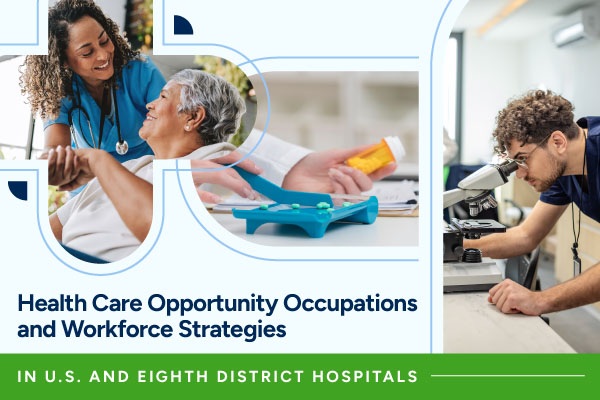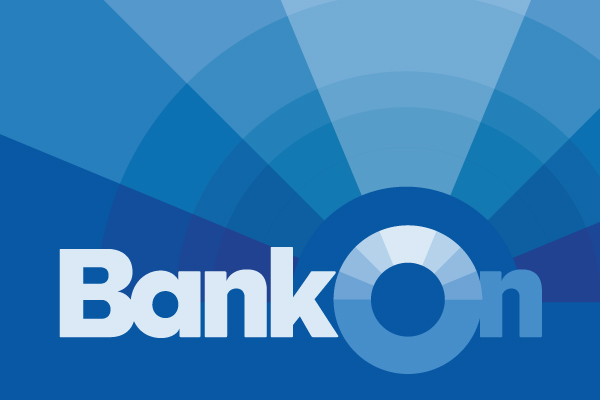Community Development
Our Community Development team works at local, regional and national levels to promote the economic resilience and mobility of low- and moderate-income individuals and communities.
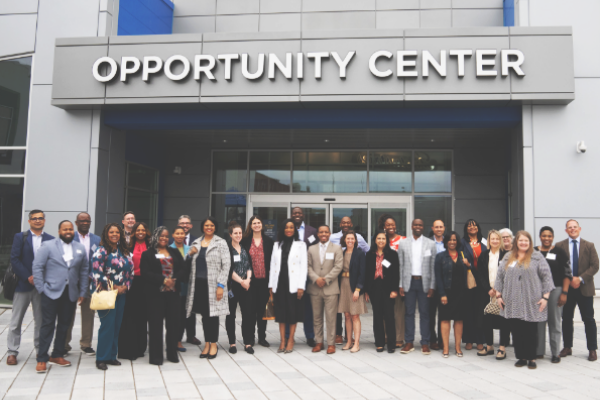
Workforce Resilience
Examining what creates and sustains a resilient workforce
Rural Prosperity
Helping rural communities utilize their assets and navigate opportunities to achieve economic growth
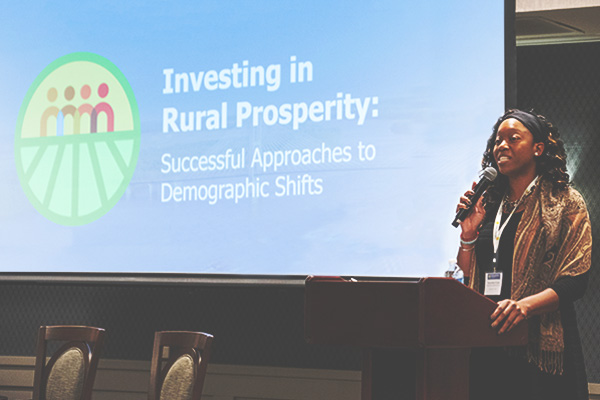
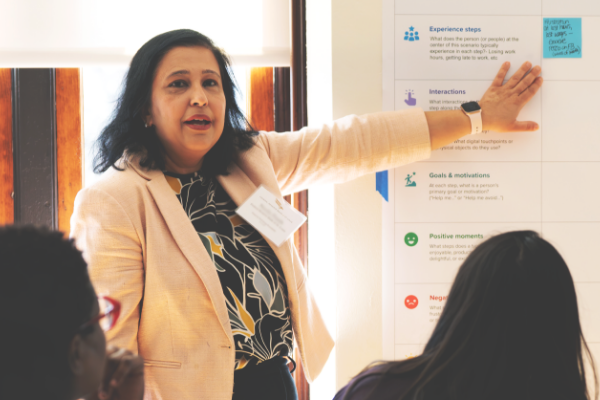
Financial Well-Being
Understanding access to capital and credit for unbanked and underbanked households


